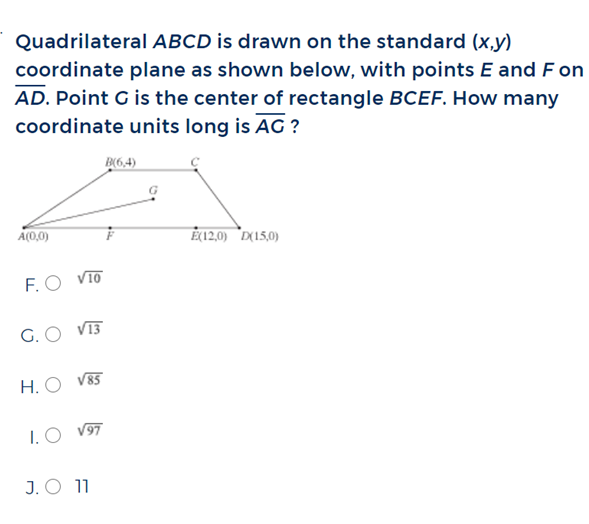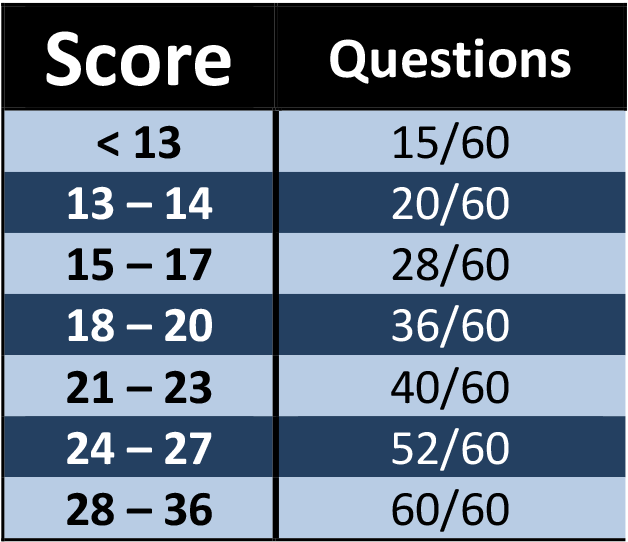

For these types of questions, it’s often helpful to jot down or take a moment to briefly summarize the paragraph. This question involves looking at the paragraph as a whole. This means that the subject is singular, so we should use the verb “is,” which corresponds to answer choice C. But, if we look at the sentence as a whole, we see that the subject is “the creator.” Since the verb is located right next to “sculptures,” you might be tempted to pick the plural conjugation. Next, let’s determine whether the verb should be singular or plural. Since we are referring to a plural noun (“sculptures”), we should be using “these”. The key to these questions is looking at the sentence as a whole to make sure you have the right subject and verb.įor this question, we can start by determining whether “these” or “this” should be used. You should definitely expect to be tested on subject-verb agreement on the ACT English test.

So, the answer is G, which is appropriate since “eventually” indicates that time has passed, and this makes sense within the context of the two sentences. Option J is incorrect since the transition “however” indicates that the second sentence contrasts or contradicts the first, which isn’t the case. Option H is incorrect since the transition “of course” implies that the second sentence emphasizes or adds on to the previous, which isn’t the best choice. Option F is incorrect since the transition “therefore” indicates a cause and effect relationship, which isn’t really appropriate given these sentences. The sentence after is “A total of ten sculptures were bestowed on special institutions, whose staff are thrilled by their luck.” The sentence before is “More creations appeared at more than a few additional places where literature and artifacts are related to books and writing.” To do this, we’ll need to focus on the sentences before and after the transition. This question asks us to choose the appropriate transition. Thus, option G is the correct answer, and this makes sense since the adjective “delighted” modifies the noun “staff.” Also, option J has the modifier “secretly delighted” placed immediately before the noun “sculpture,” indicating that the sculptures were secretly delighted.

Option H is similarly incorrect since it also indicates that the sculptures were delighted. In the original sentence, the modifier is the adjective “delighted.” Since “delighted” is placed immediately before the noun “sculpture,” the sentence indicates that the sculptures are delighted, which cannot be true, so option F is incorrect. This question illustrates the dangers of misplaced modifiers. Like the other sections of the ACT, the ACT English Test converts your raw score to a scale from 1–36, and you’ll receive subscores for each of the categories listed above.Īs you study for the ACT English Test, be conscious of avoiding common mistakes, like pronoun agreement or misplaced modifiers.

So, doing well on the ACT English Test is crucial in bettering your overall score. How Does the ACT Impact Your College Chances?Īs you may already know, each section of the ACT carries an equal weight in your composite score.


 0 kommentar(er)
0 kommentar(er)
